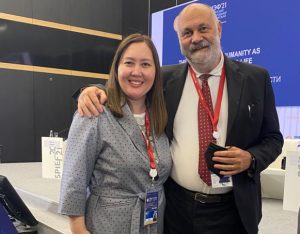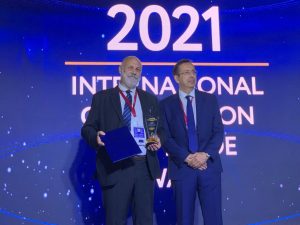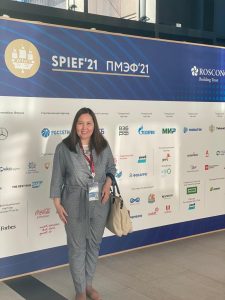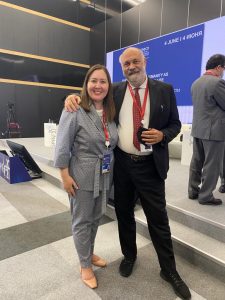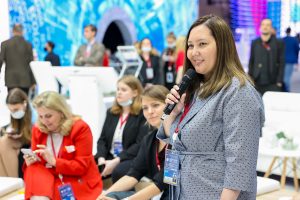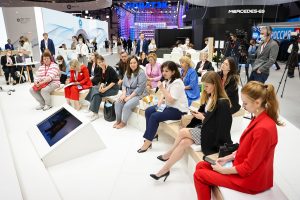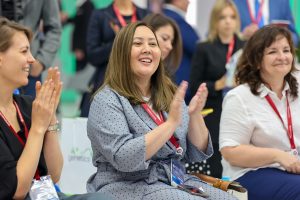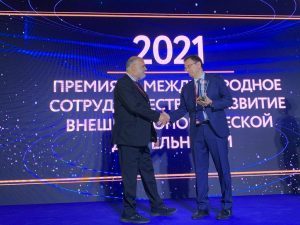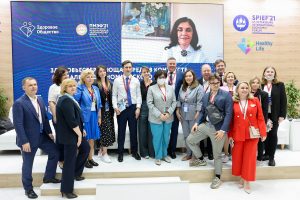On June 2-5, 2021, St. Petersburg hosted the XXIV St. Petersburg International Economic Forum (SPIEF-21), a leading global platform for communication between business representatives and discussion of key economic issues facing Russia, emerging markets and the world in general. The forum, which brings together tens of thousands of participants from more than 140 countries, is traditionally focused on issues of the global and Russian economy, social matters and technology development.
Last year, the largest event on Russia’s economic agenda, like many large-scale events around the world, was canceled due to restrictions associated with the COVID-19 pandemic, which revealed to a large extent the unwillingness of national economies and health systems to solve problems of this magnitude. The global economy is again on the verge of another crisis, facing a host of new and yet unexplored challenges. Nevertheless, the close-knit work of doctors, scientists, business sector, government agencies and NGOs proves that all problems can be solved, and the holding of SPIEF-2021 is proof of this. It is no coincidence that the agenda of the forum was determined by a new “post-pandemic” reality – a lot of attention was devoted to sustainable development, the “green” agenda, and the need to modernize health systems.
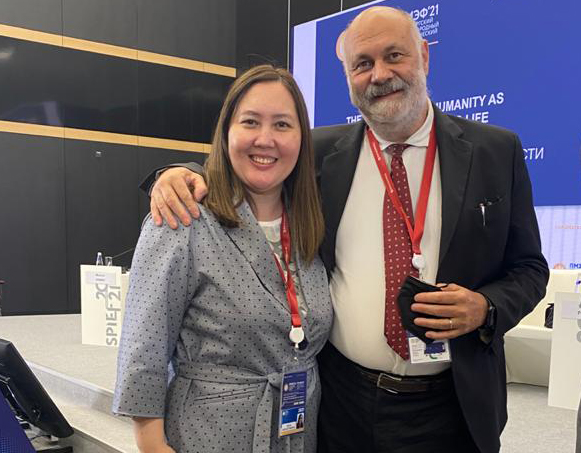 Thus, within the framework of SPIEF-21, the Healthy Society space was organized, aimed at discussing issues such as the sustainability of national health systems, the development of medical science and genetic technologies, the fight against oncological, infectious and other socially significant diseases, as well as healthy lifestyle issues. The platform brought together representatives of the Federation Council and The State Duma of the Russian Federation, the Ministry of Health, the Federal Service for Supervision in Healthcare, heads of medical institutions, public and charitable organizations, as well as key industry experts.
Thus, within the framework of SPIEF-21, the Healthy Society space was organized, aimed at discussing issues such as the sustainability of national health systems, the development of medical science and genetic technologies, the fight against oncological, infectious and other socially significant diseases, as well as healthy lifestyle issues. The platform brought together representatives of the Federation Council and The State Duma of the Russian Federation, the Ministry of Health, the Federal Service for Supervision in Healthcare, heads of medical institutions, public and charitable organizations, as well as key industry experts.
Among the participants of the forum was Elvira Dovletyarova, Director of the Agrarian-Technological Institute (RUDN University), Vice-president of the Association of Landscape Architects of Russia. Elvira took part in the panel discussion “Health-preserving environment in the context of socio-economic development: new challenges, new solutions”, which was held in the context of prioritizing public health as a driver of economic development in the face of global crises such as COVID-19.
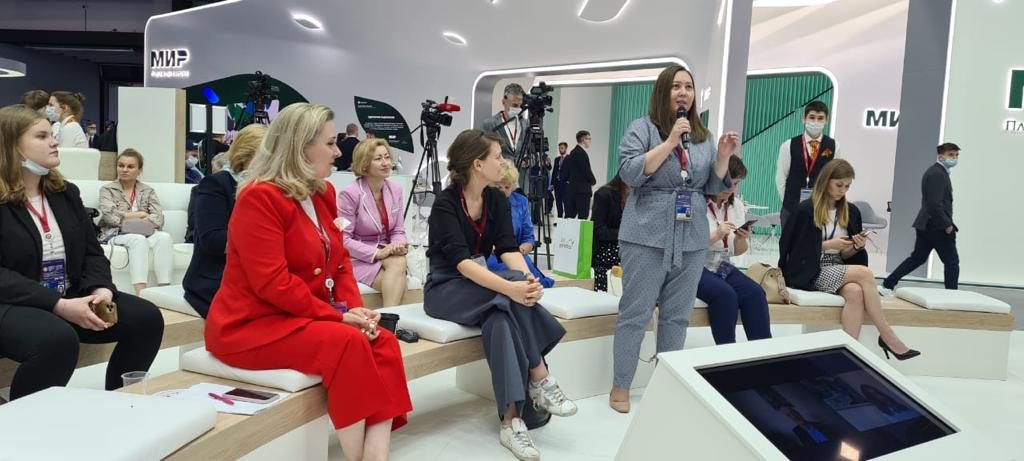
The director of ATI dedicated her speech to the importance of developing green infrastructures for improving the health of society. Elvira noted that greening the urban environment is one of the key factors affecting the health of urban residents, their psychosomatic state and, as a result, labor potential. She drew the participants’ attention to the experience of Western countries, where ecosystem services, including sustainable green spaces, directly affect the number of sick lists issued to residents of cities. Elvira also spoke about major projects of the Institute and the Smart Urban Nature laboratory, where scientists are working on the implementation of the very practice of calculating ecosystem services in Russian cities. She also encouraged participants to cooperate, noting the need for interdisciplinary interaction between science, business and government authorities. “It is very important that public health issues are considered from different perspectives, also from the point of view of ecology and ecosystem services, because even one tree – in the yard, in the park, next to the office – can improve the well-being of a person, and then of the whole society. “ – Elvira summed up her speech.
In general, the meeting participants discussed innovative ways and approaches to the implementation of a social model of strengthening public health at the regional and municipal levels as a factor of long-term economic growth at all levels of government: global, national, regional and municipal. The experts also tried to answer questions about the role of municipal and regional authorities in achieving maximum preparedness for new challenges in the public health system; discussed what measures can improve the level of public health, the quality of human capital and contribute to sustainable economic growth; and also tried to find out to what extent business is included in systemic work to promote public health.
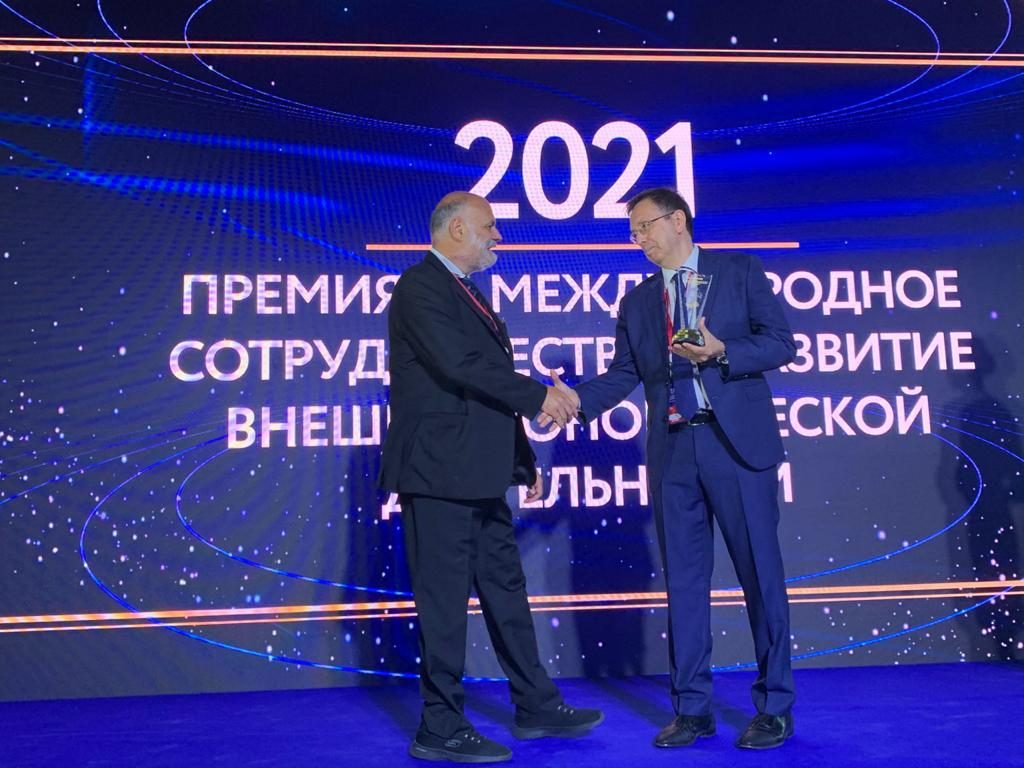
Also within the framework of the forum, the third annual ceremony of awarding the Prize for international cooperation and the development of foreign economic activity, awarded for contribution to the stimulation of foreign economic relations and the promotion of the image of Russia as a country open to international partnership, took place. One of its honorary laureates was Riccardo Valentini, head of the Smart Urban Nature laboratory. The scientist was awarded for his valuable contribution “to shaping the agenda and the expert community on sustainable urban development”, and the award was presented by the President of Procter & Gamble in Russia.
The participation of representatives of Agrarian and Technological Institute in one of the most significant economic events in the country is an important step in enlightening and attracting various stakeholders for cooperation in the field of ecosystem services in Russia, improving their quality and efficiency for both society and the country’s economy.


